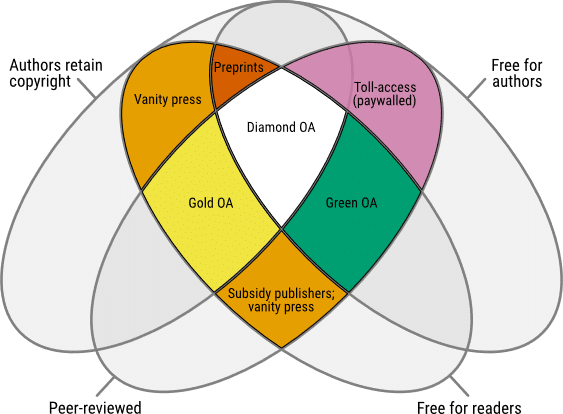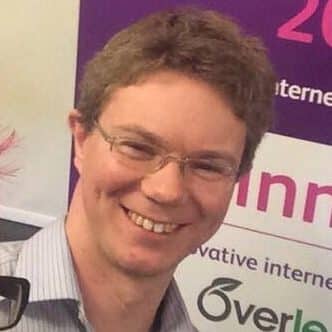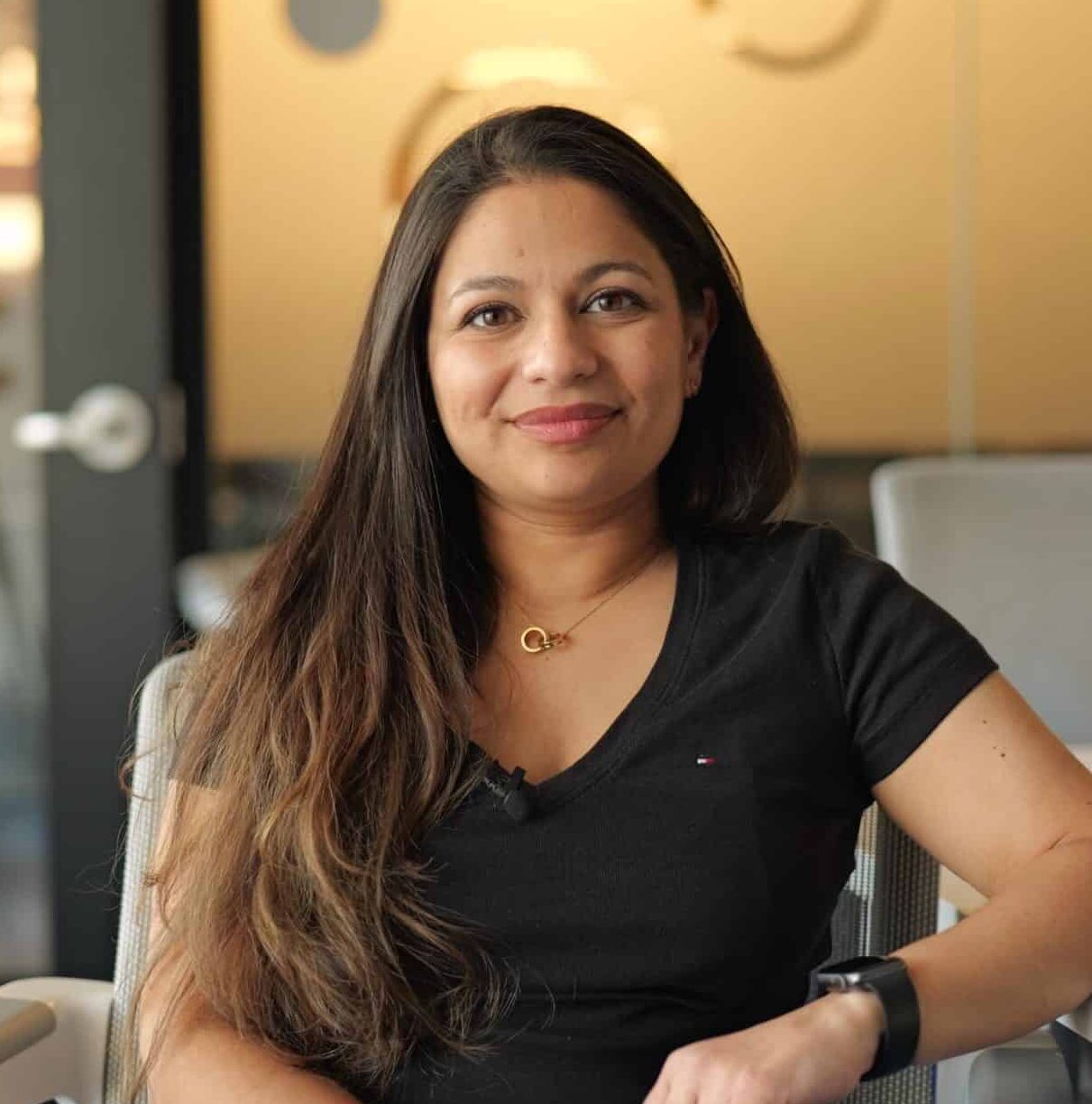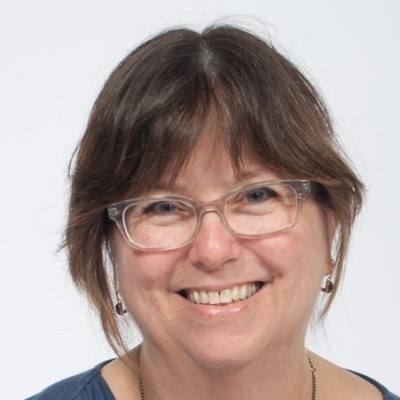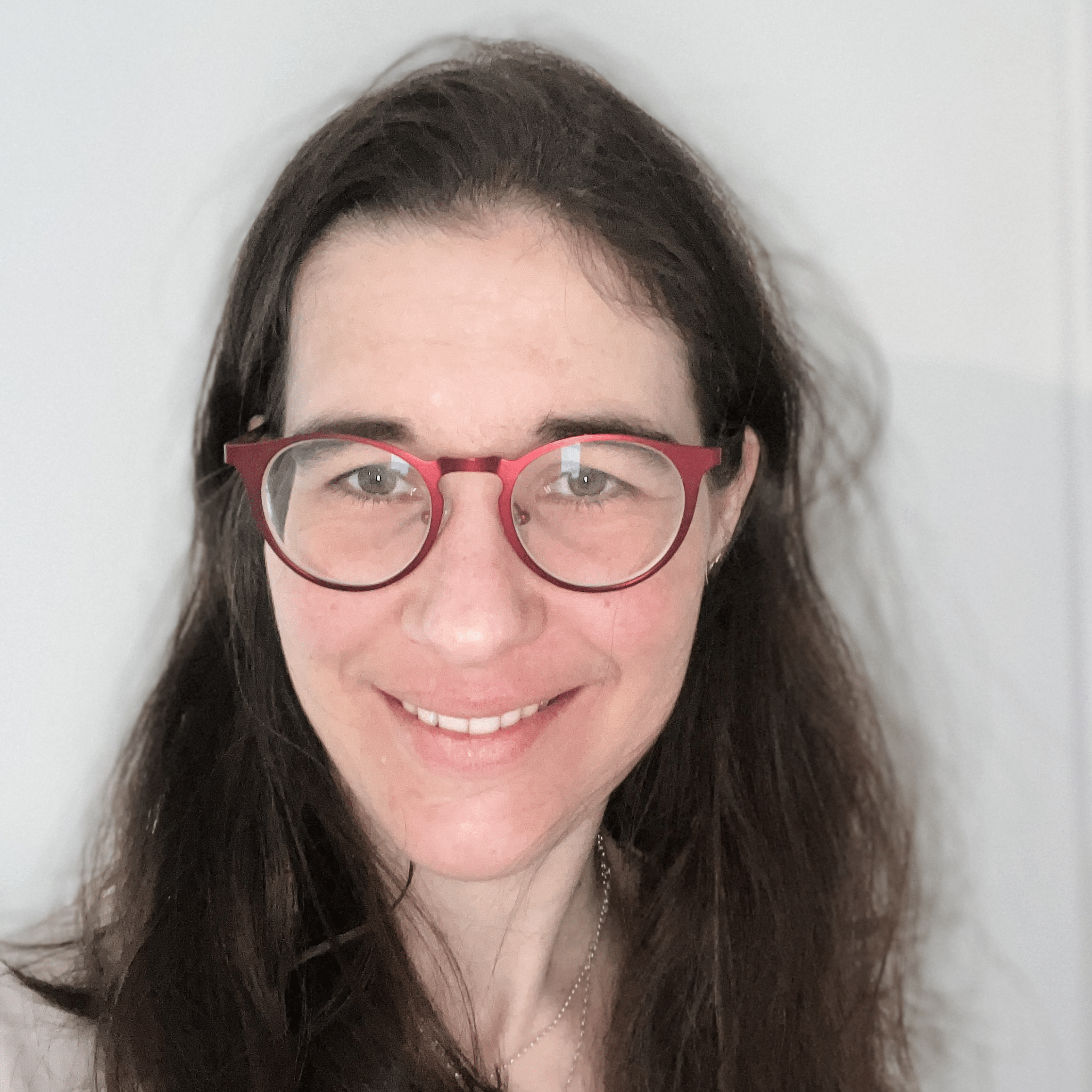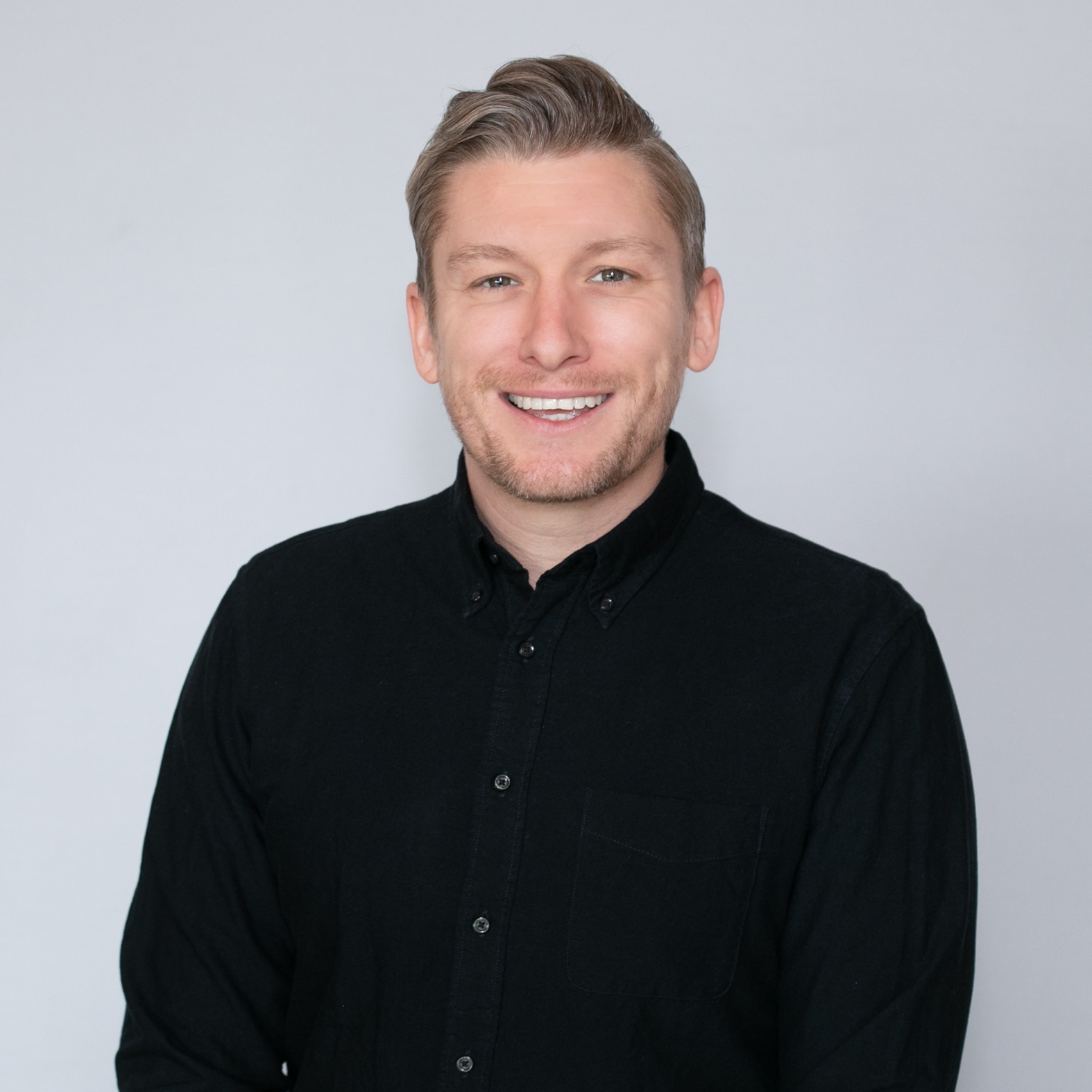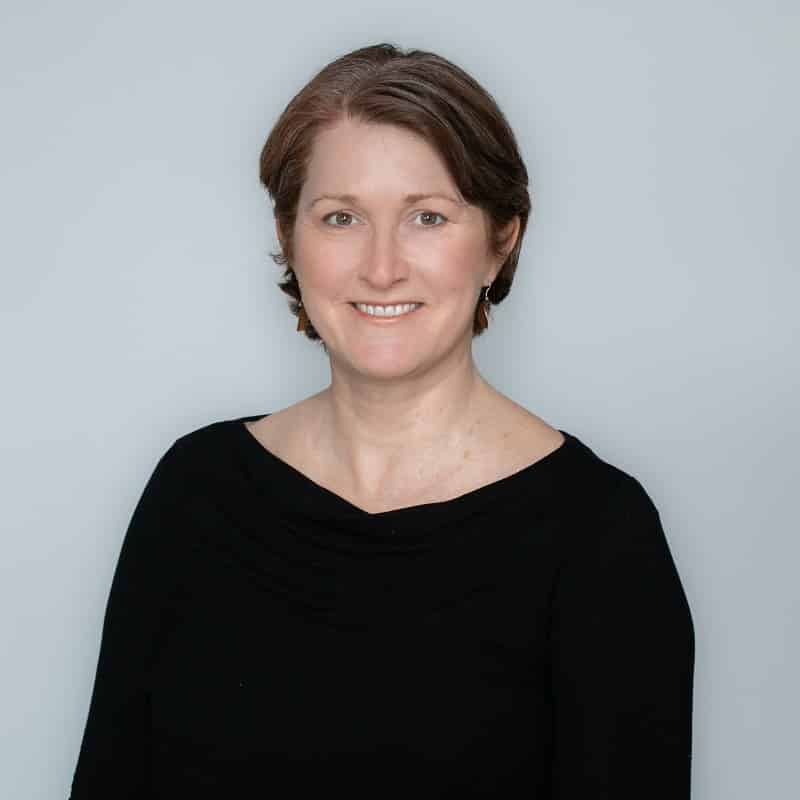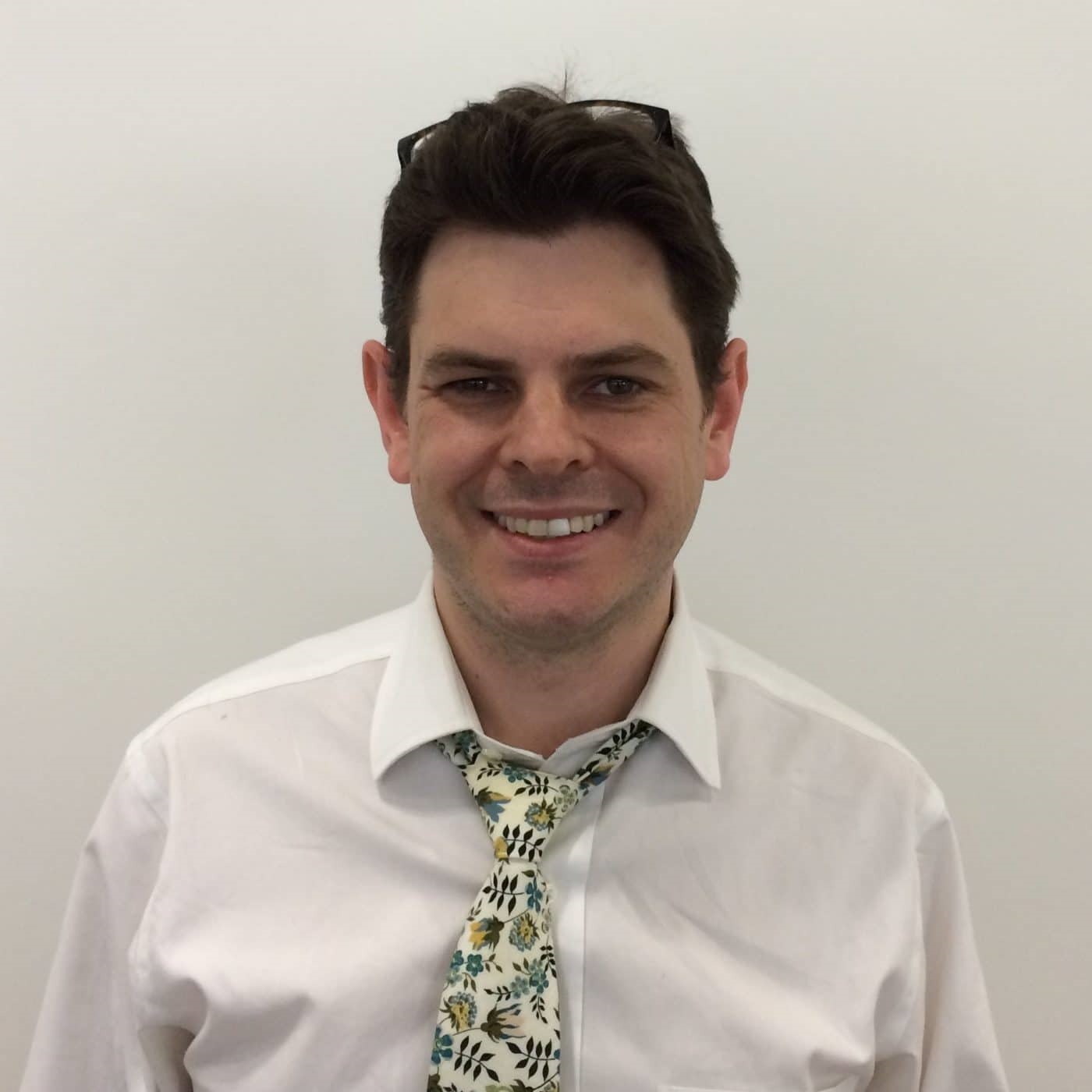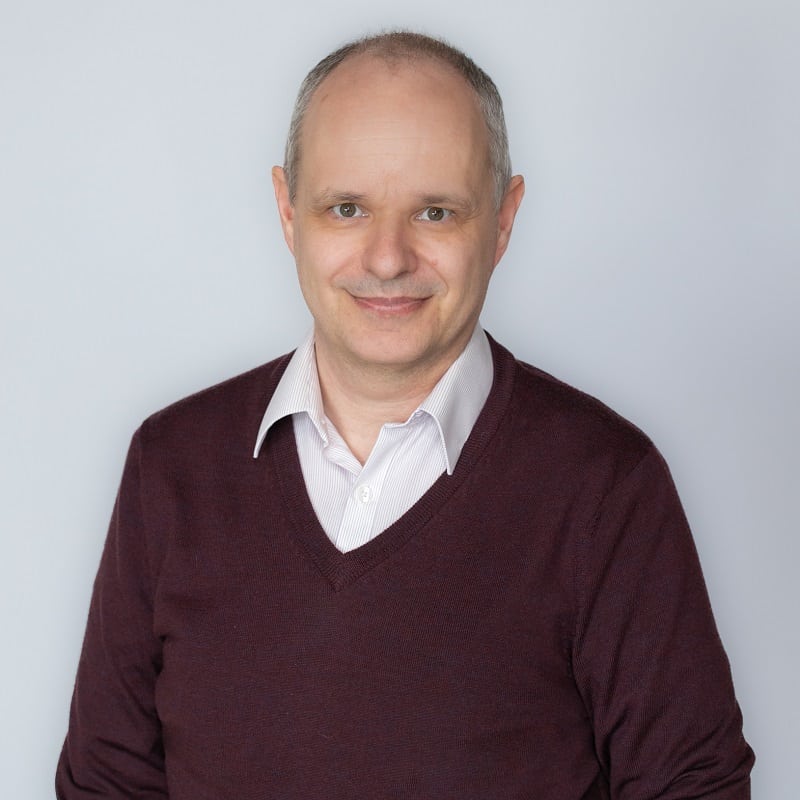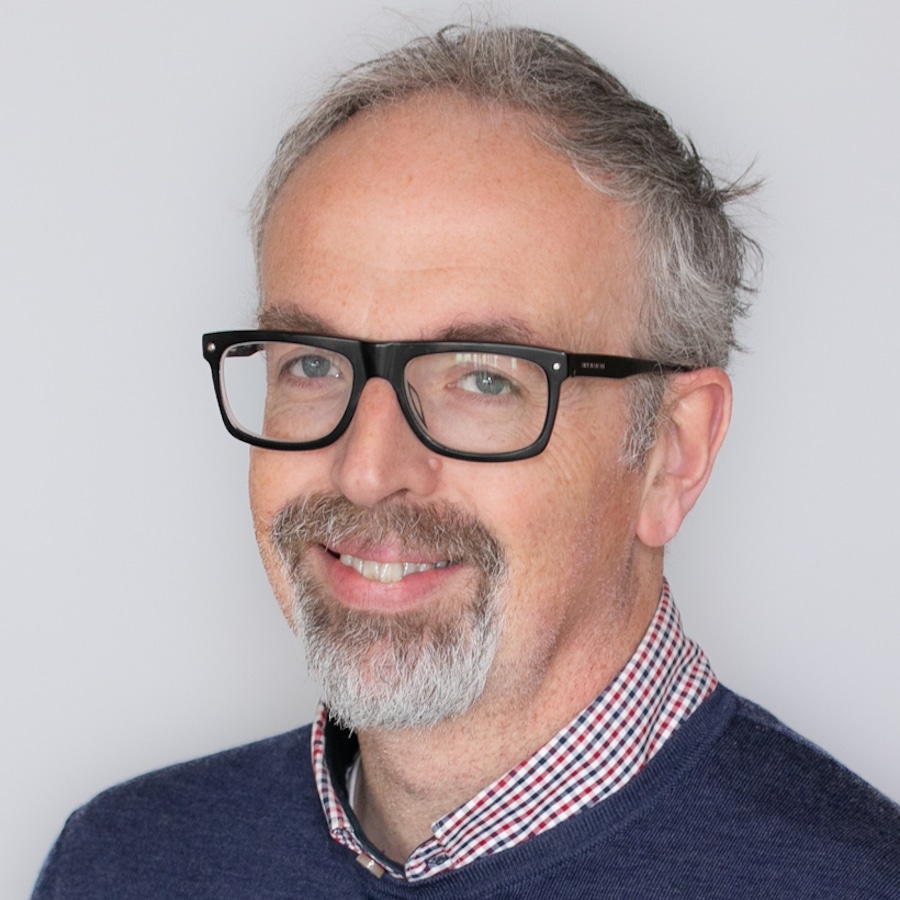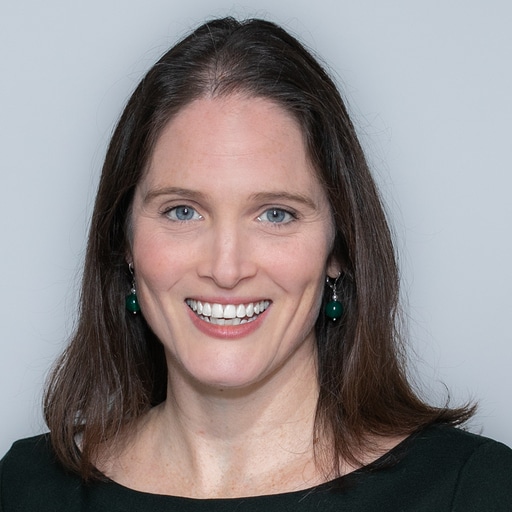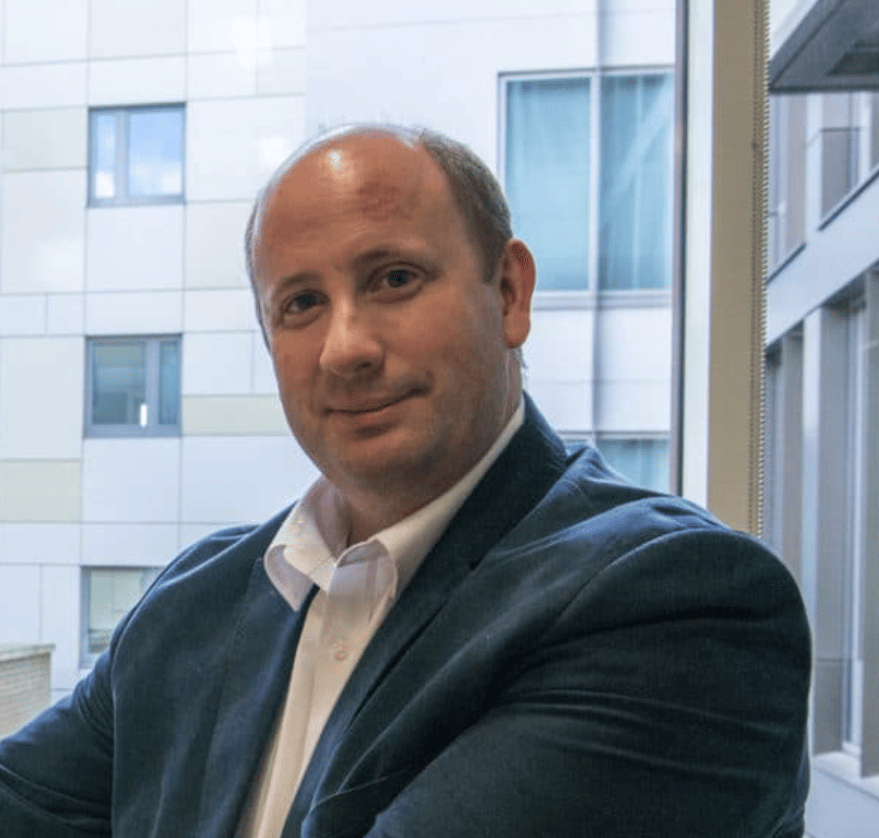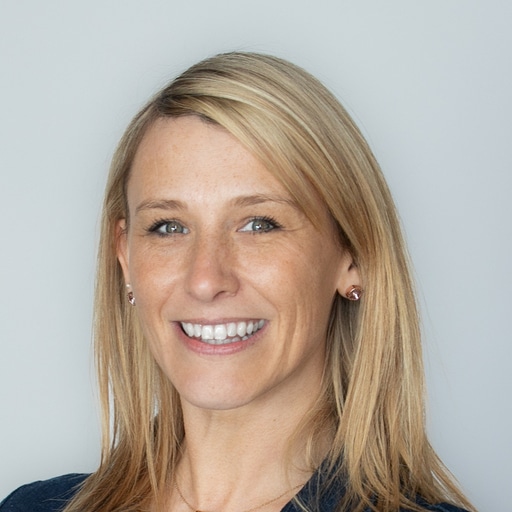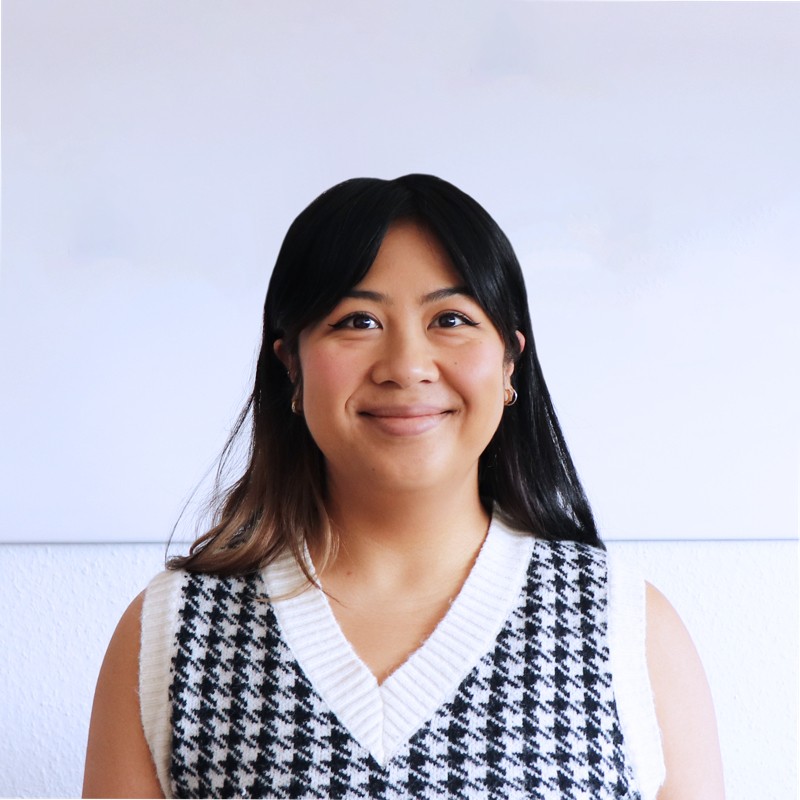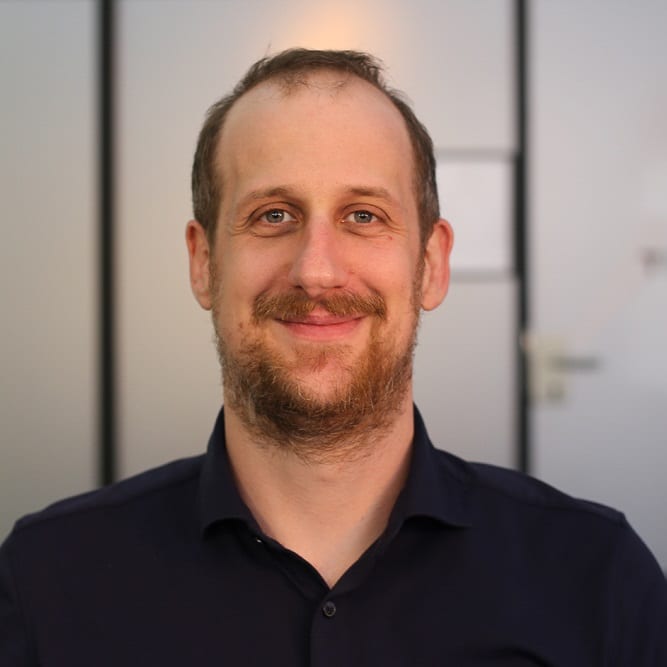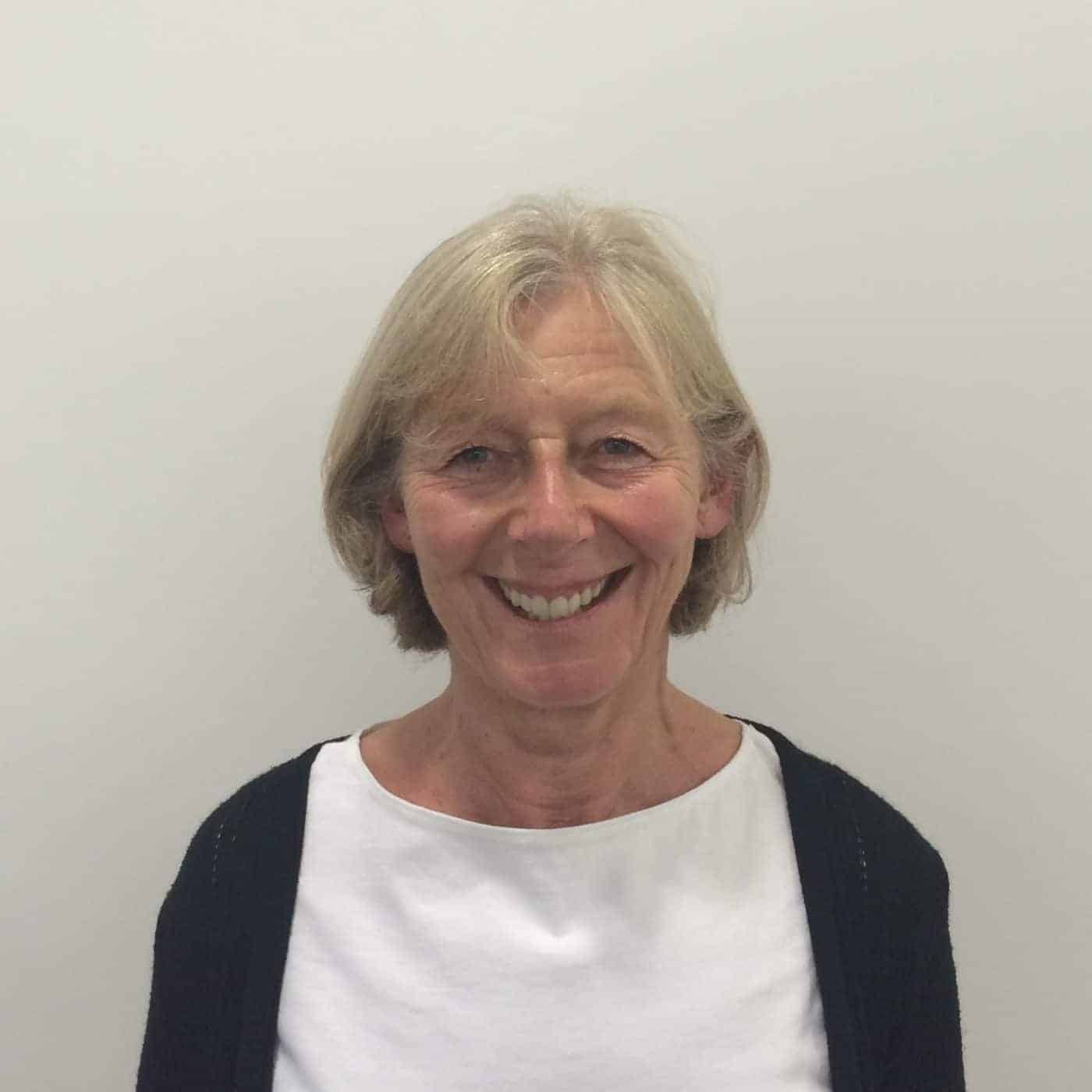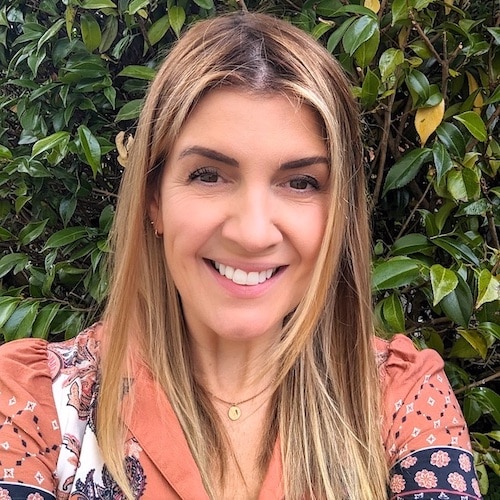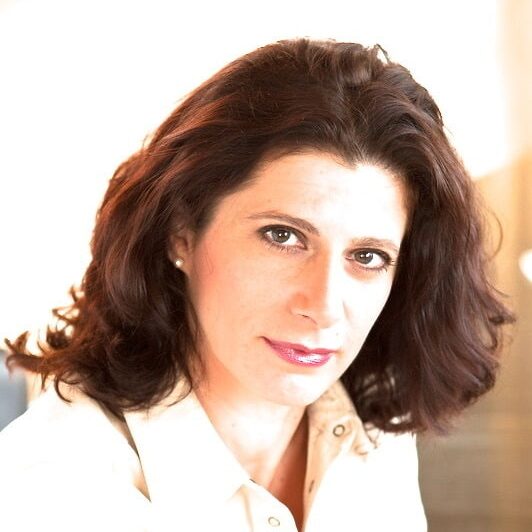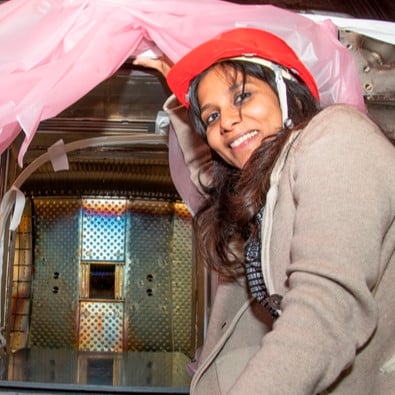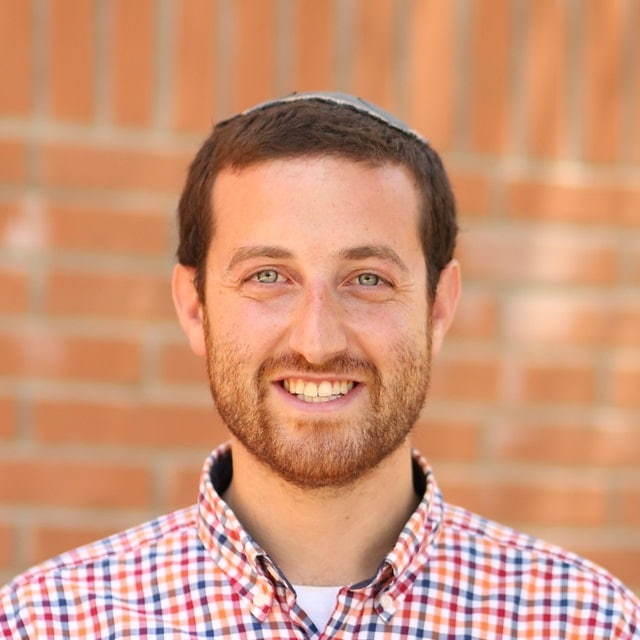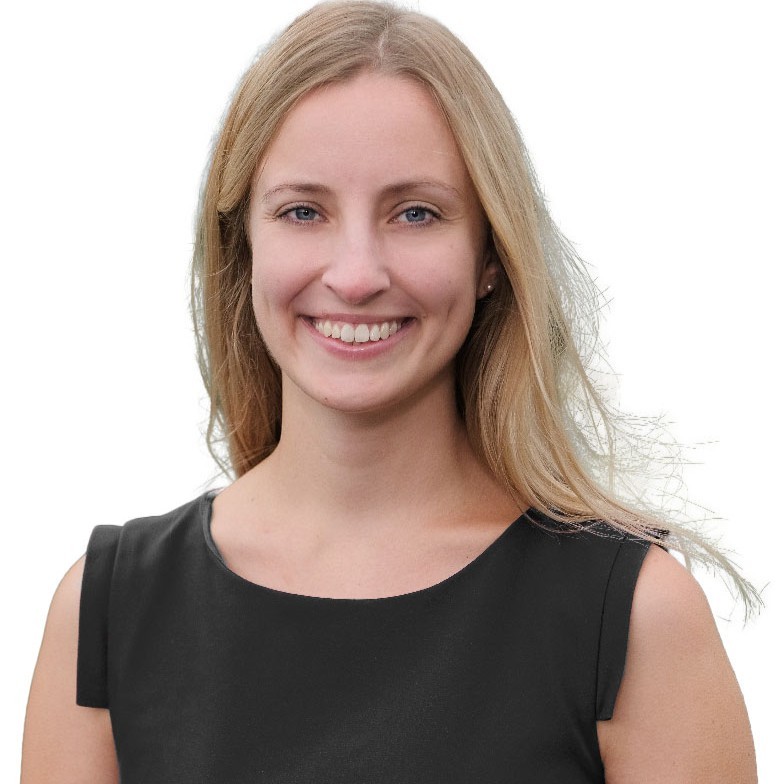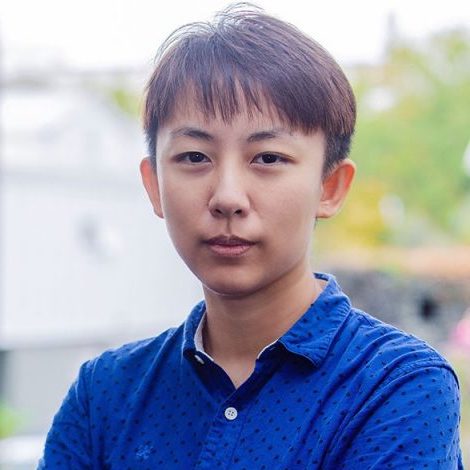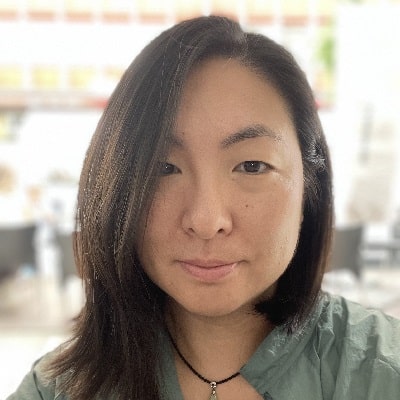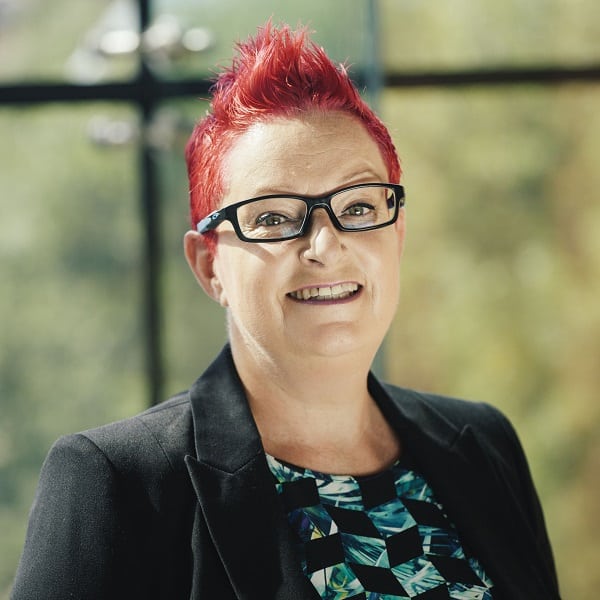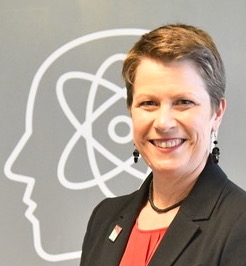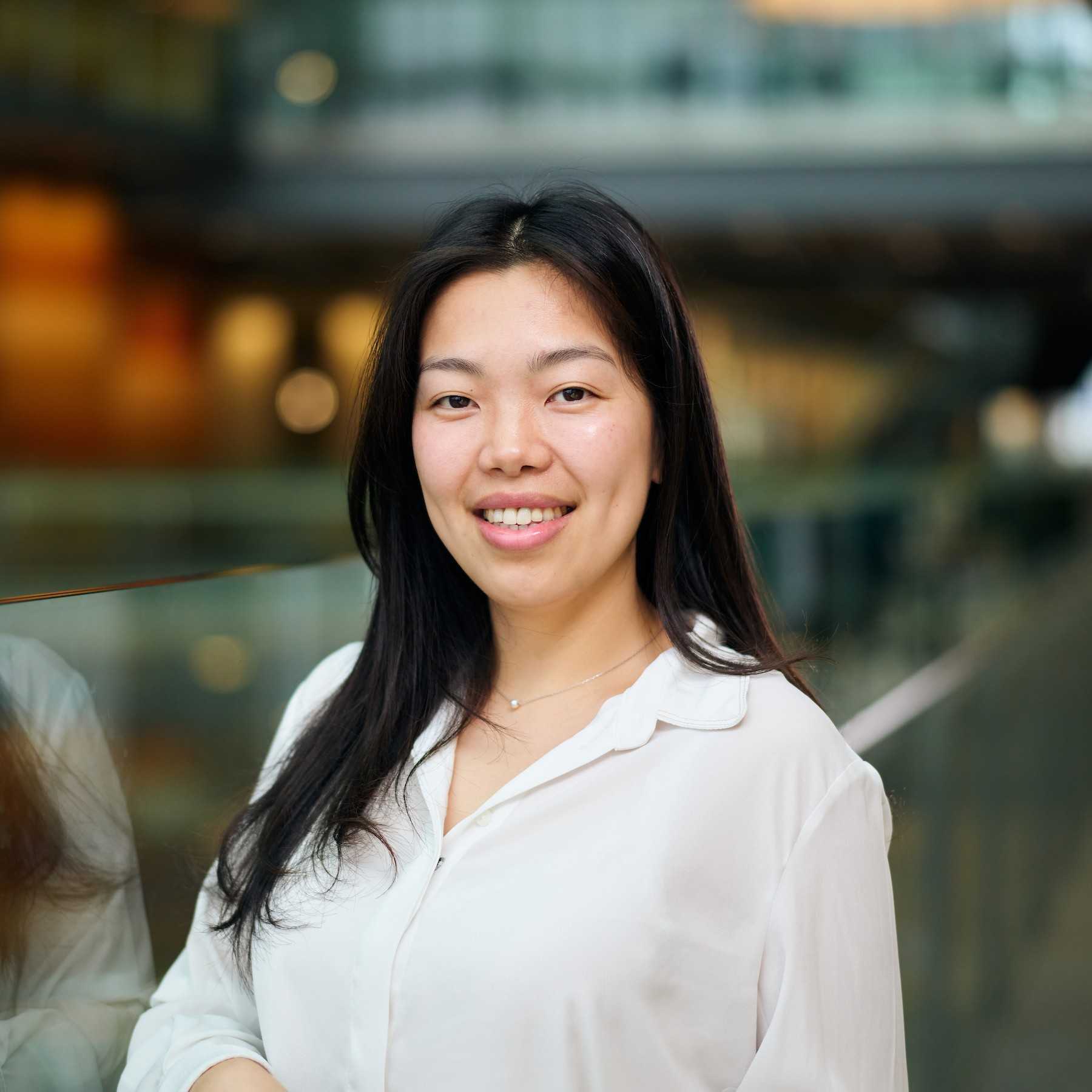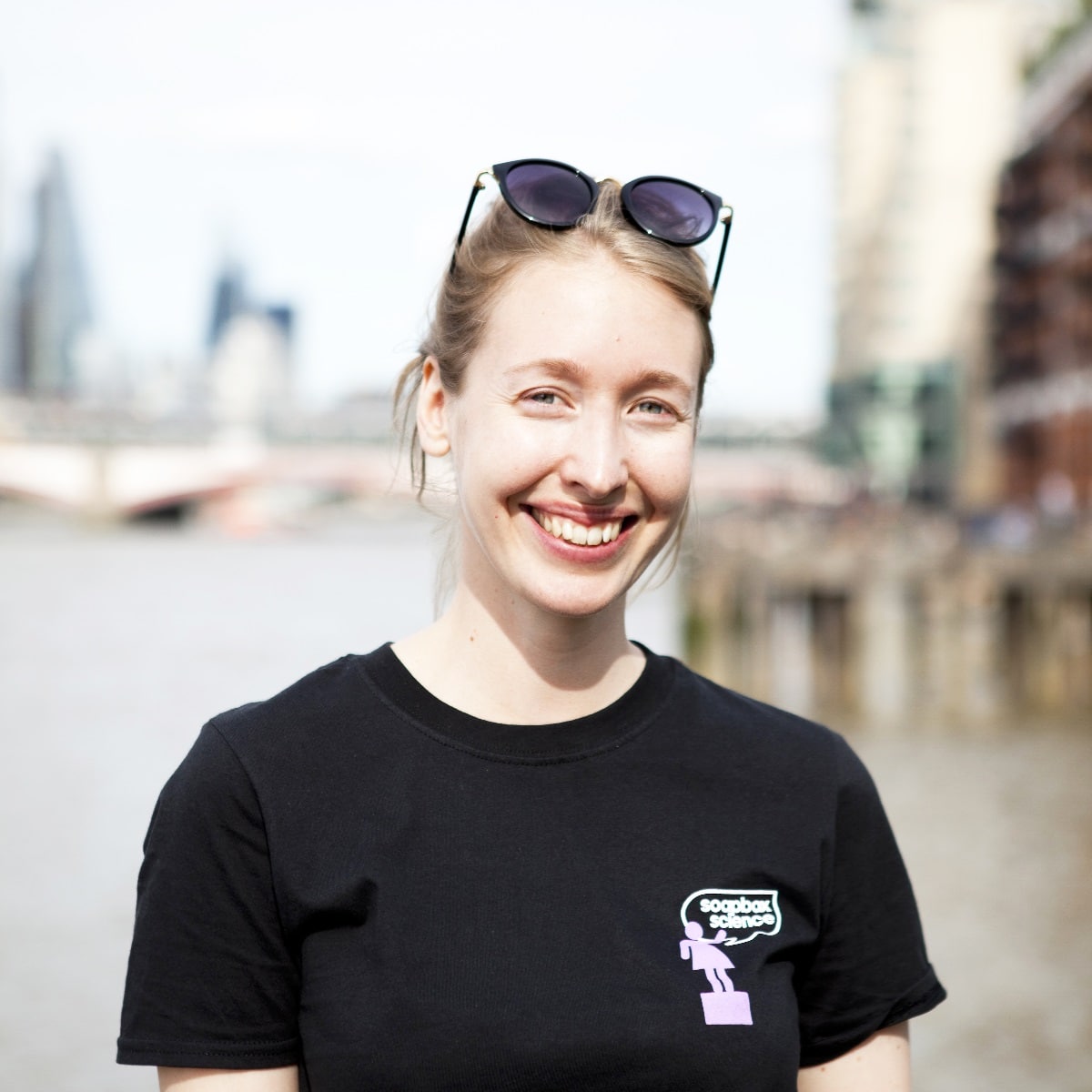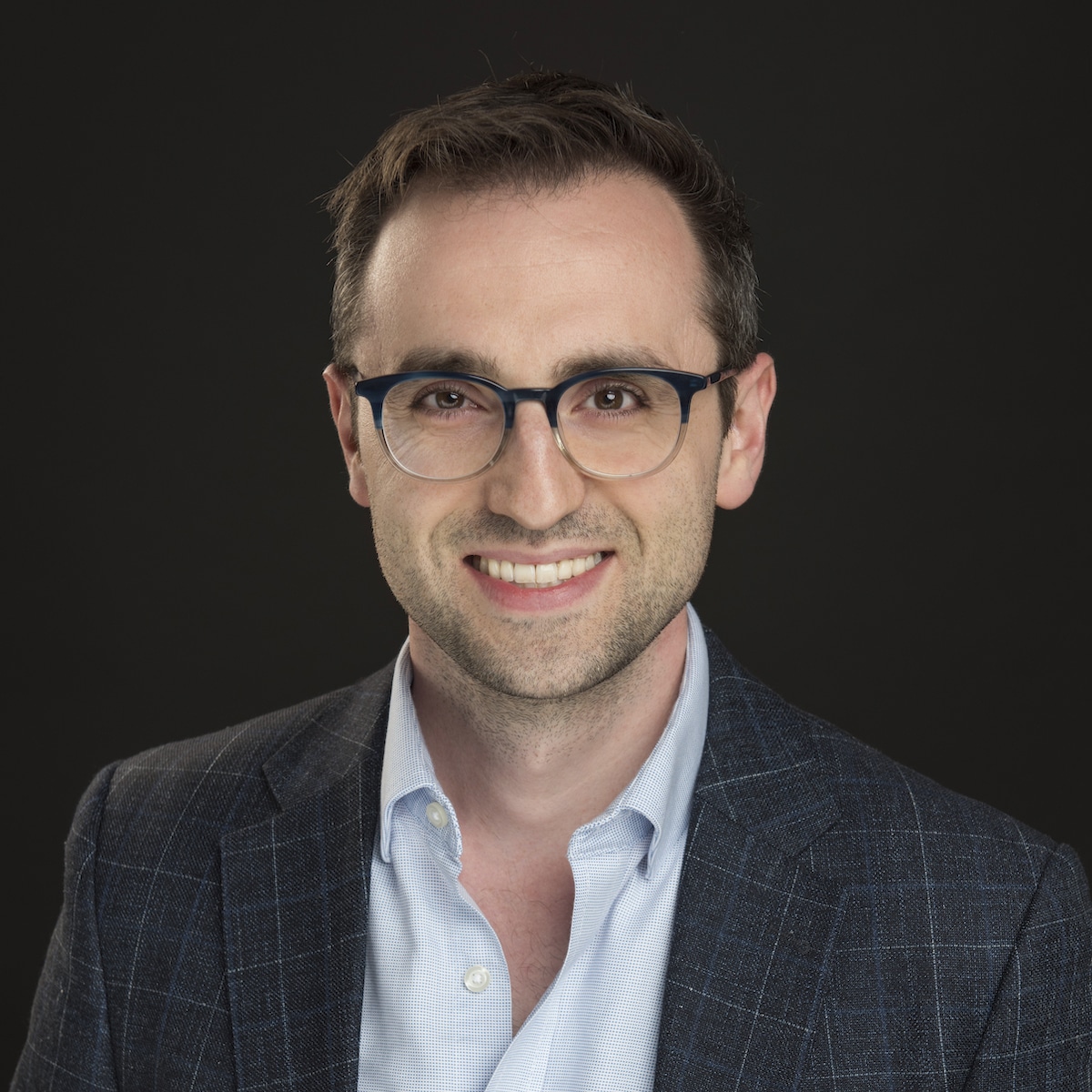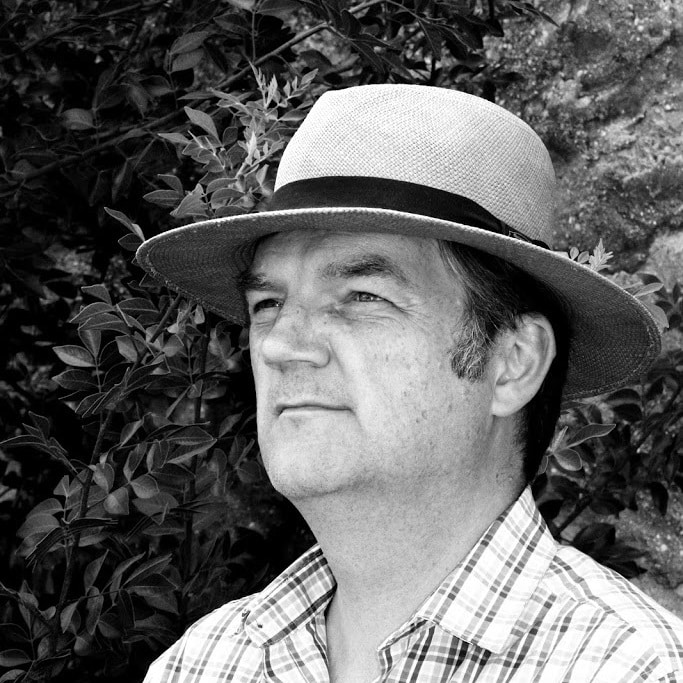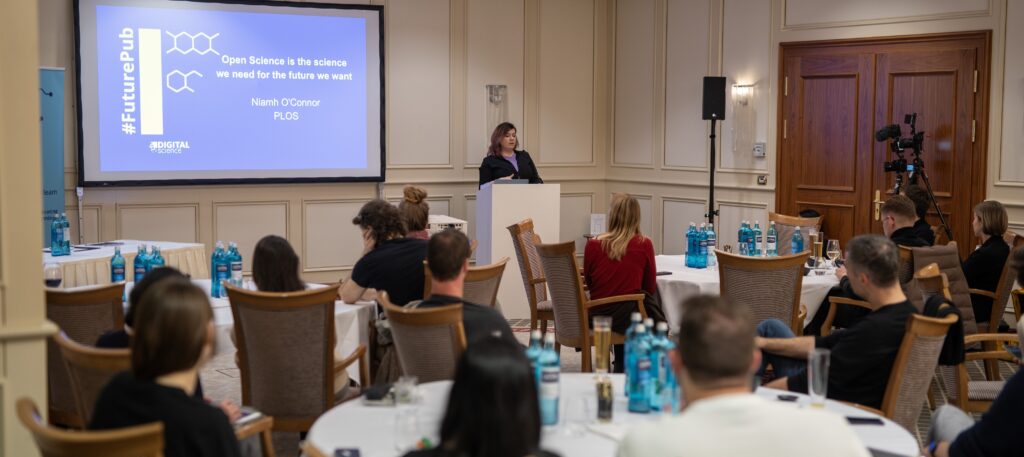
#FuturePub headed to Berlin for our fourth and final event of the year, during Berlin Science Week and ahead of the inspiring Fallings Walls Science Summit 2023. We had a lovely venue — the Hotel Palace Berlin — located in the vibrant heart of the city between the Ku’damm and Zoological Garden, which helped set the tone for a thought-provoking evening.
Here’s our two-minute video highlights (or watch on YouTube):
This special edition FuturePub was set up to encourage conversations on the future of global research, a topic close to our hearts at Digital Science. In many ways, the world now feels more divided than ever, despite the advances in technology that connect our daily lives together. This was all the more poignant given the city and the anniversary of the fall of the Berlin Wall 34 years earlier in November 1989.
Many of the people we met in Berlin this week spoke of the overall sense of optimism the fall of the Wall brought — and indeed the 90s are generally looked back on as a particularly optimistic, peaceful and hopeful time in Europe and beyond.
Today there is still optimism — as evidenced by the remarkable and inspiring presentations, discussion and ideas on show during Falling Walls — but with perhaps less stability than we would all dearly love to see.
We hope the conversations at FuturePub, Falling Walls, and the wider Berlin Science Week events help break down more barriers and further build connections between people — for those who were able to attend in person and those in wider communities.
Our speakers
As always with FuturePub, we aim to have an array of talks on innovative, cutting-edge topics, and this event was no different — we had a brilliant mixture of speakers sharing perspectives and starting conversations on the future of research from many different backgrounds, including researchers, librarians, publishers and open science practitioners:
- ‘Open Science is the science we need for the future we want’ by Niamh O’Connor, PLOS
- Expanding the funded investigator pipeline through open science by Jacob White, Purpos.eco
- Revamping Science for the Future of Energy by Benjamin Johnson, Max Planck Institute for Chemical Energy Conversion
- Making Open Science resources accessible to all by Jo Havemann, Access 2 Perspectives
- Institutional OA Journals: Publishing in Context by Stephanie Dawson, ScienceOpen
Photos, links and summaries can be found below, and recordings will soon be available on Cassyni.
Niamh O’Connor – ‘Open Science is the science we need for the future we want’
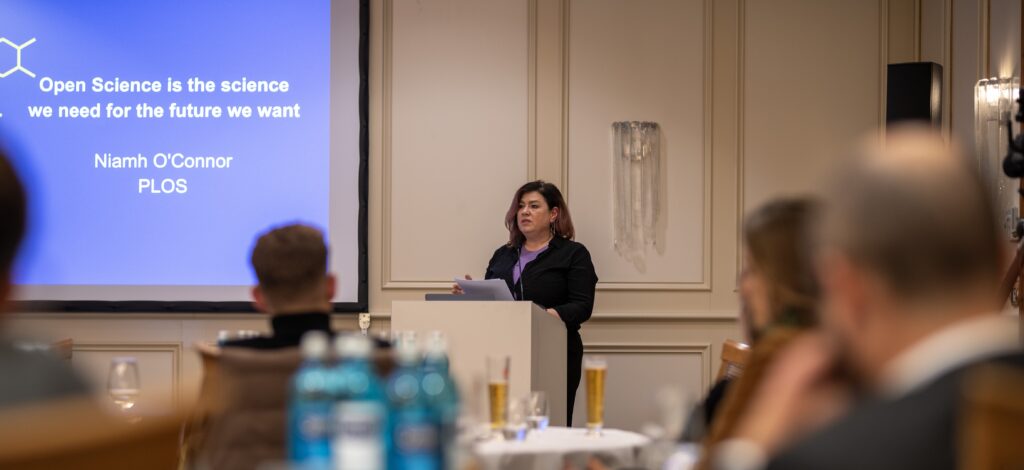
Niamh O’Connor, Chief Publishing Officer at PLOS, kicked things off perfectly with a discussion of open science, and made lives easy for us as hosts by doing it sans slides! But her relationship with Digital Science tangentially goes back a long way as she remembered Suze from a talk she gave at the Royal Institution based on Neal Stephenson’s nano-fiction book, ‘The Diamond Age’ back in 2014. Suze will be adding that to her annual appraisal under the category of long-term impact!
Niamh’s talk reflected her goal to see research assessment (and by extension, publishing) change for the better:
“My title is a quote from Audrey Azoulay, UNESCO Director General. And Open Science cannot be truly open without equitable participation in knowledge creation and sharing.
Niamh O’Connor, Chief Publishing Officer at PLOS
Current incentive systems, including researcher assessment systems, which are built on the event of publication of an article as the ‘unit of value’ of research contribute to perpetuating inequity and holding back transition to an Open Science ecosystem.
We need to change the system and design publishing and business models that incentivize sharing the form of output most appropriate to the research and support the advancement of usable, trustworthy knowledge and global participation.“
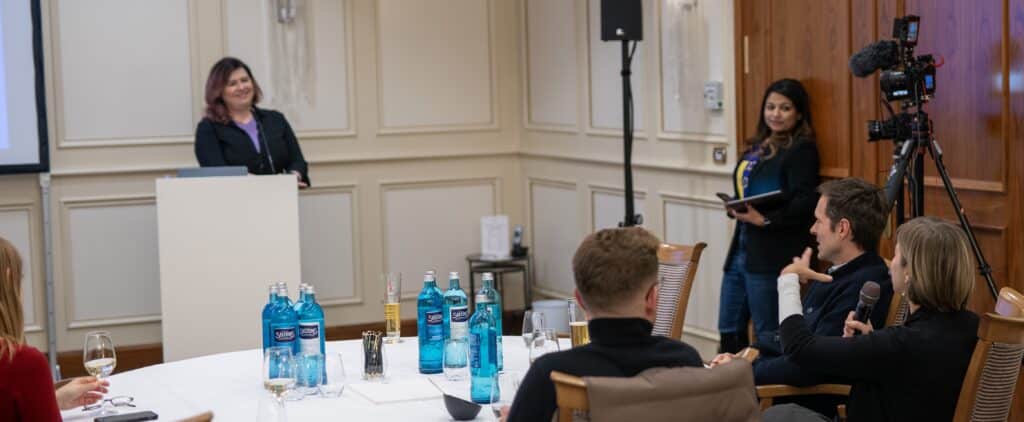
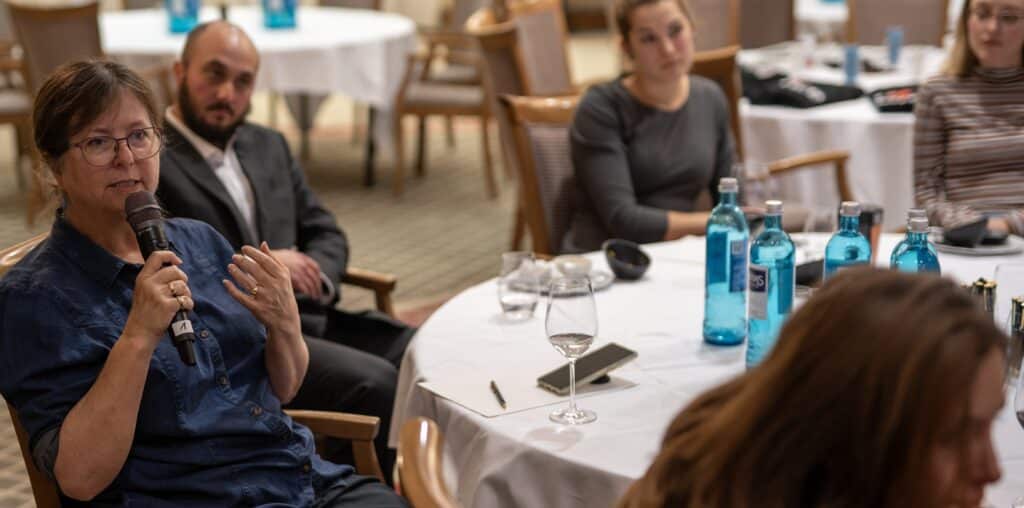
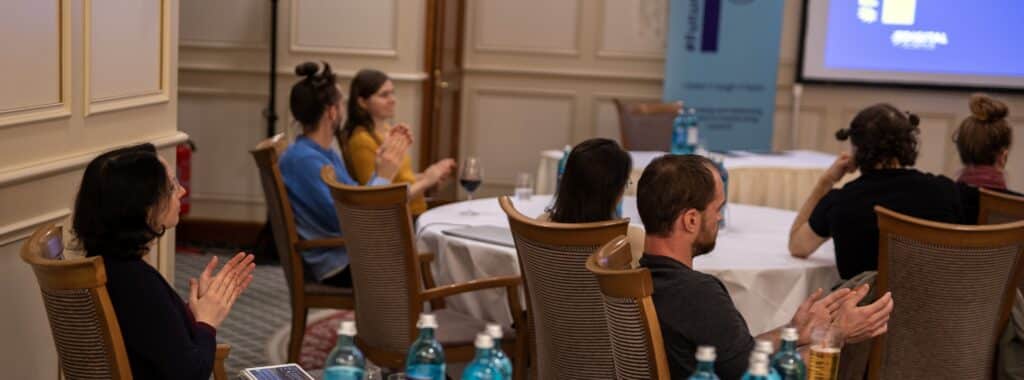
This view — that the research paper is no longer a suitable vessel by which to measure and share research outputs — reflects a short hallway conversation at Falling Walls with Hemai Parthasarathy, a former founding editor of PLOS and now Head of Rapid Evaluation at Google X.
There have been many attempts and initiatives to move scholarly communications beyond the paper since the turn of the century. Still, it remains today as the unit by which research and researchers are measured. It will be interesting to see if the current concerns over misinformation, papermills and trust in research, especially now in what is being termed the “age of AI”, accelerate the move to a new mechanism.
The conversation shouldn’t stop here — and it won’t! Given their shared love of all things science fiction and science fact, and their twinned mission to make research the best it can possibly be for as many people as possible, Suze also caught up with Niamh later in the week to record a one-on-one conversation for a new series of in-depth interviews with the best and most exciting movers and shakers in our community — look out for the launch of that in early 2024!
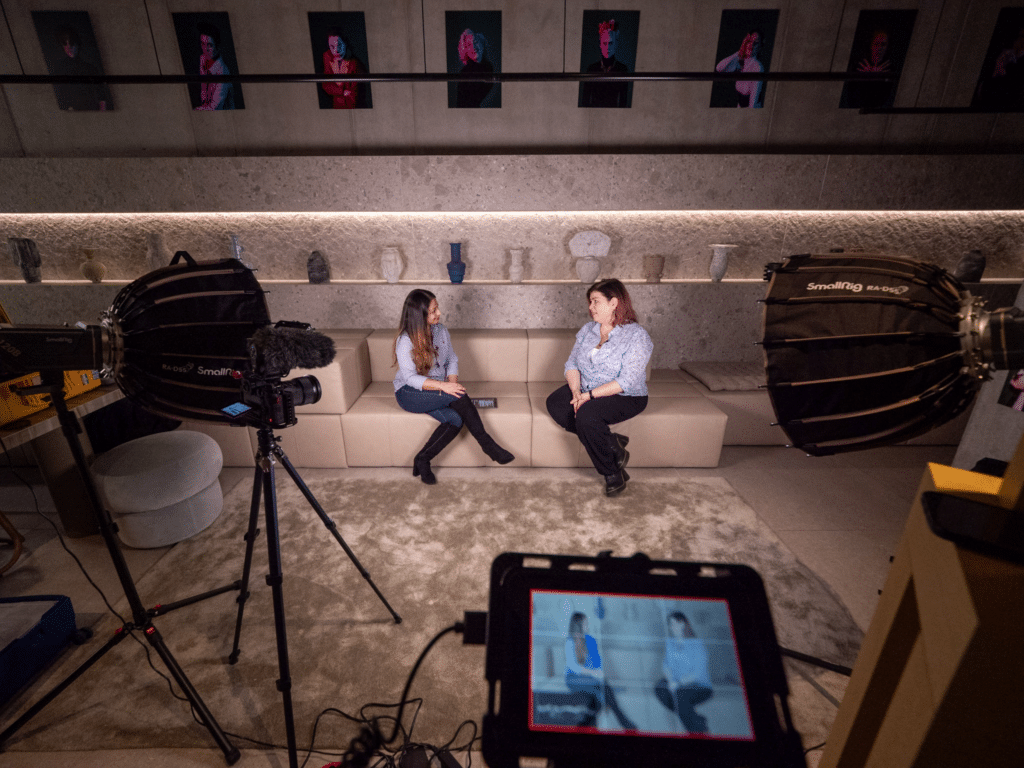
Jacob White – Expanding the funded investigator pipeline through open science
It was a bit of a surprise to read Jacob’s proposal for his FuturePub talk — not because the talk didn’t sound interesting (he’s building purpos.eco to promote open science in environmental stewardship; exactly the type of project we love to have at FuturePub!) — but because he’s based in Salt Lake City, Utah, which isn’t all that close to Berlin!
But it all worked out perfectly! Jacob was in Berlin the weekend before for a wedding, and so FuturePub was timed just right for him to present in person – and the bride and groom even joined us! What better way to kick off your honeymoon than attending FuturePub?!
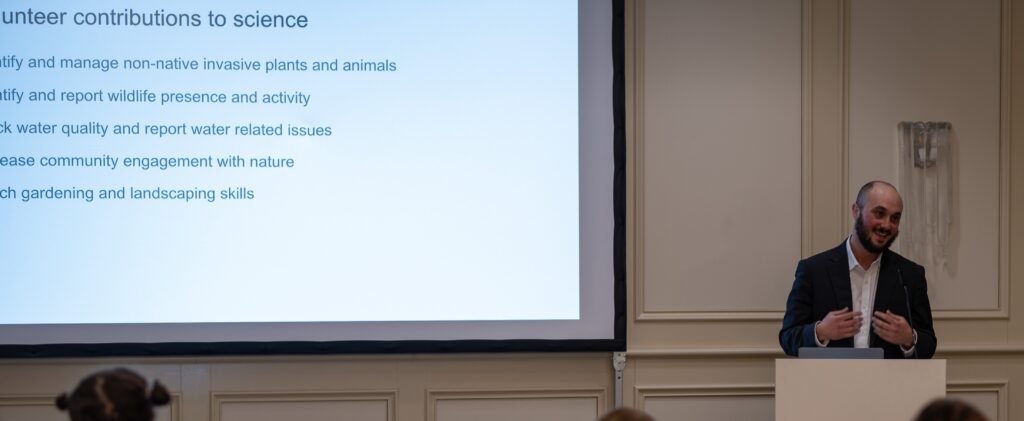
Jacob, an Informationist at Johns Hopkins University, introduced purpos.eco, a public use repository which, as mentioned above, is aiming to help promote open science in environmental stewardship and is planned for launch in the summer of next year.
In his talk he discussed how an ORCID iD is now a requirement for NSF and NIH funding, and how purpos.eco can help familiarize underrepresented minorities in science with the ORCID system early in their education, reducing barriers to participating in funded and refereed science in the US and beyond.
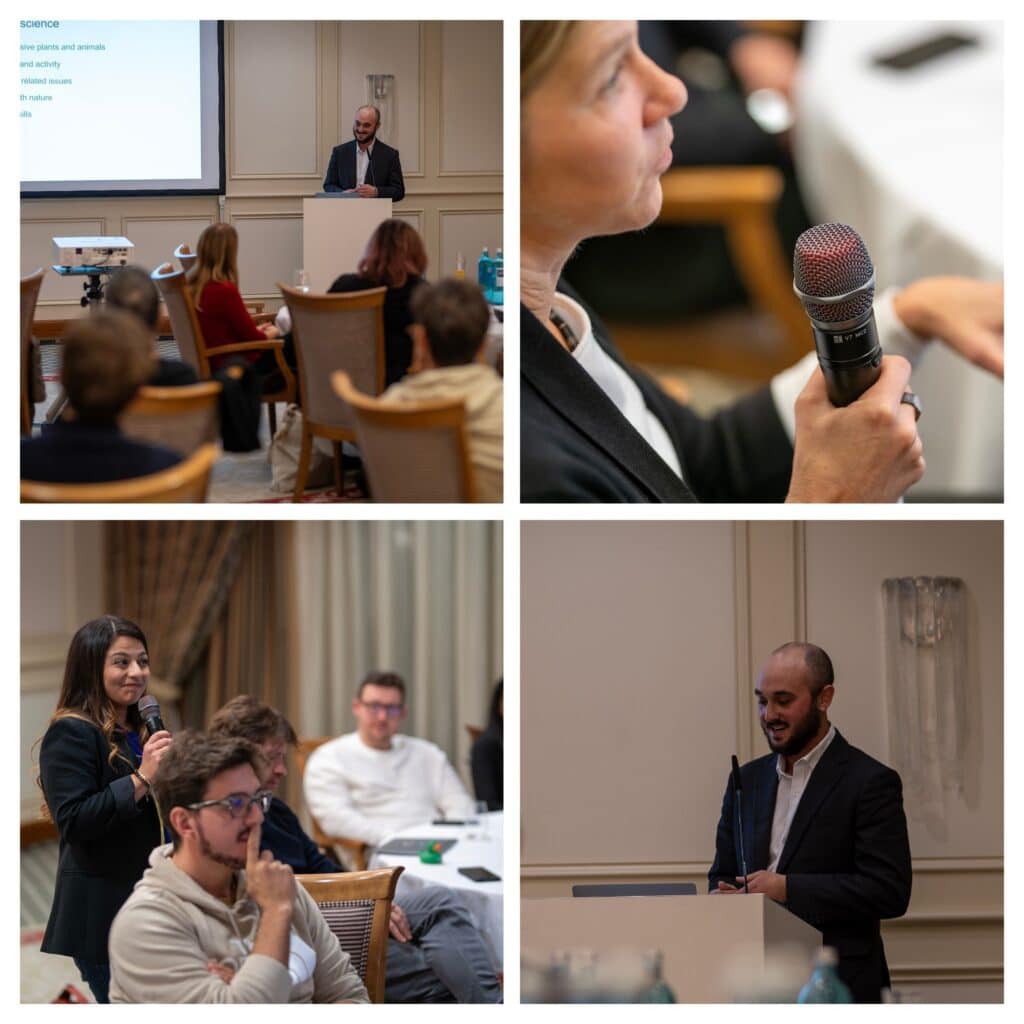
Jacob’s talk had a purposeful focus on exploring practical ways in which organizations can work with and help to upskill those people actively participating at the forefront of environmental science who might not even consider themselves to be scientists — and therefore might be unaware that it is something they could pursue as a career!
To find out more about purpos.eco, visit the planning website or reach out to Jacob via LinkedIn.
Benjamin Johnson – Revamping Science for the Future of Energy
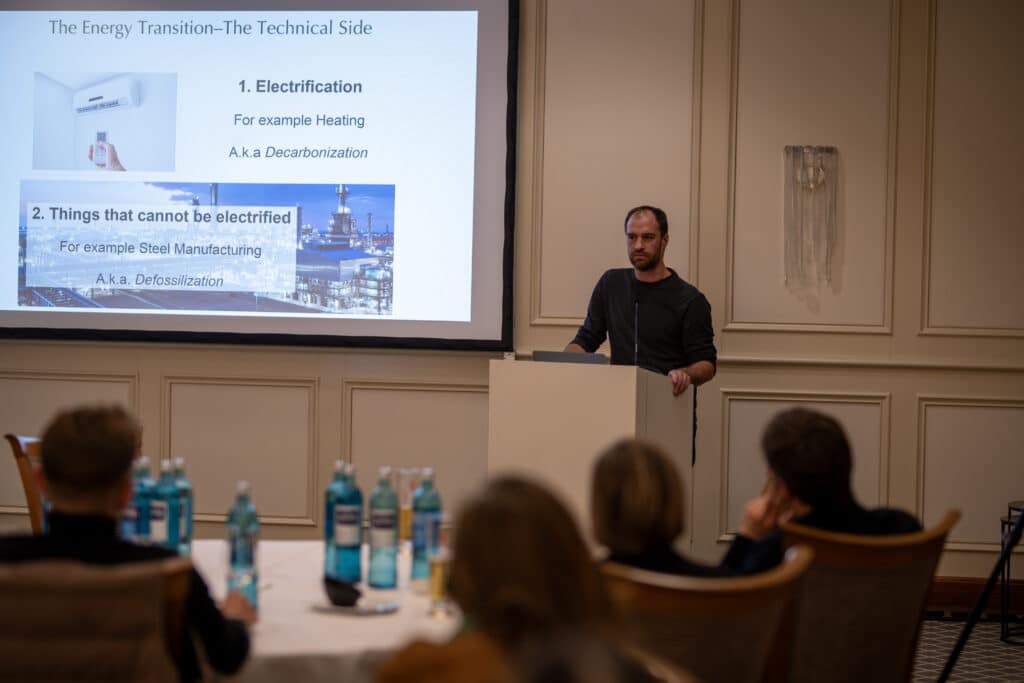
Ben is a theoretical chemist, or a physicist as he likes to call himself (Suze – behave!), who made the switch to the history of science eight years ago. His talk on revamping science for the future of energy — which generated probably the most discussion in the room throughout the night — briefly touched on the public acceptance of new technologies before moving on to talking about climate justice.
Ben talked about how it is tricky to consider the Global North and Global South as two separate systems of adaptation in the face of climate challenges when the two are inextricably linked, with the effects of either one being felt across the Globe.
He used Hurricane Katrina, which hit New Orleans in 2005, as an example. The city’s lack of socio-economic homogeneity resulted in a range of different responses and expectations of people who were practically neighbours. Ben suggests that, rather than trying to generalise large swathes of the population, we must engage with different publics across the many facets of demography in order to really understand what the challenges to adoption of new technologies are, in order to design the most appropriate and effective adoption strategies for maximum update and progress for all.
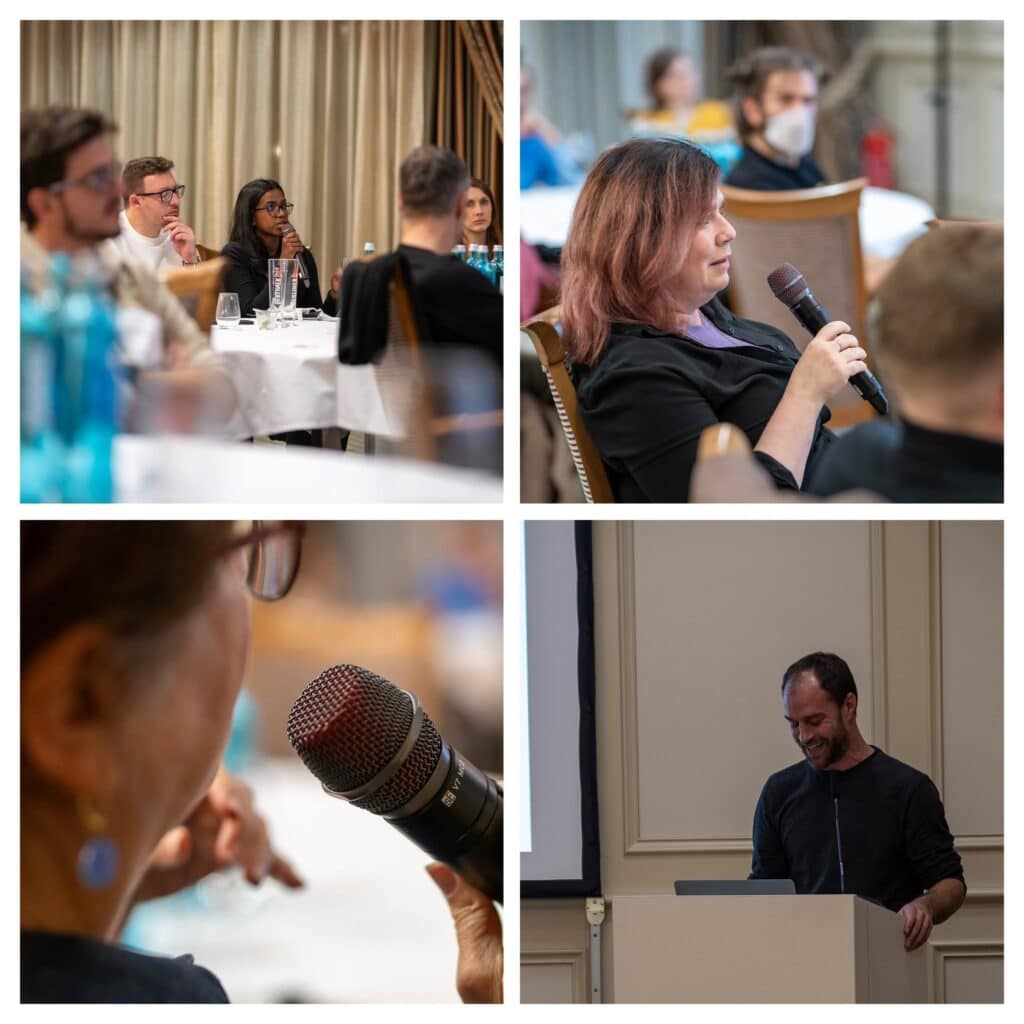
Ben and his colleague at the Max Planck Institute, Dr Maria Avxentevskaya, also joined us for a chat that will feature in our new series of conversations with our community launching in 2024. We were so honoured to record our chat in their amazing Research Library — a stunning place where you can almost hear the echoes of science legends past roaming the towering bookshelves.
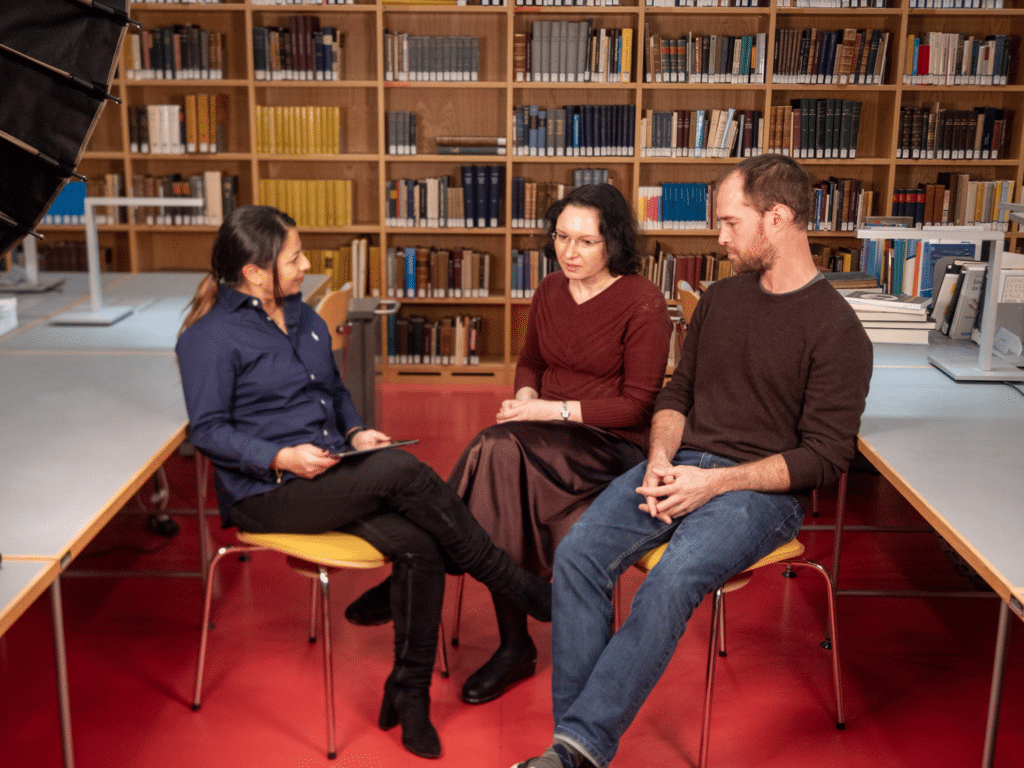
Jo Havemann – Making Open Science resources accessible to all
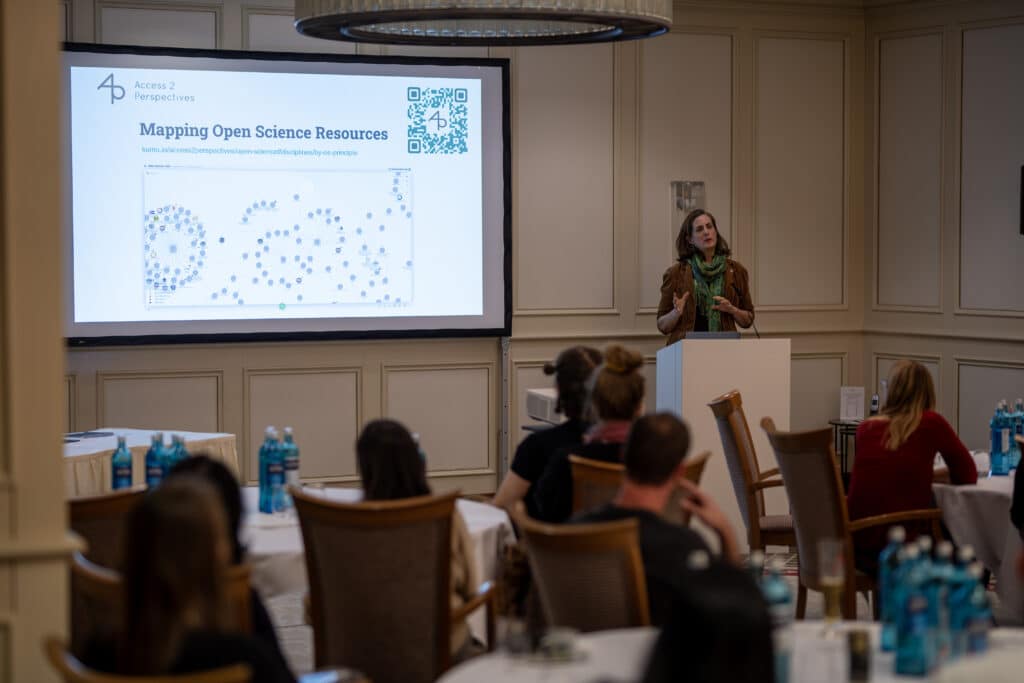
The earlier presentations set the scene nicely for Jo Havemann’s presentation on open science resources, where she focused in particular on the work she’s undertaken to map the various resources in context with each other.
At Digital Science we’ve known Jo for a number of years — indeed she recently interviewed our very own Mark Hahnel and John Hammersley on her Access2Perspectives podcast — and she’s been actively working to help promote and encourage open science practices around the world in many way, recently with AfricaArXiv, which aims to “enhance the visibility of African research, [and] enable discoverability and collaboration opportunities for African scientists on the continent as well as globally.”
Speaking on her motivations for creating the open science resources map:
“To attempt to counter the misconception that Open Science only fits a few, I decided to start mapping the resources. And, indeed, there seem to be at least two or three that researchers of any given topic in any region of the world can identify and adopt for their data and workflow processes.”
Jo Havemann, Access 2 Perspectives
The map that Jo created now contains more than 800 resources and supplementary data nodes across the spectrum of available tools, guidelines, events, and services by research discipline, including general resources that are sortable by Open Science principle, language or country.
The map is freely available online, and Jo welcomes contributions linking to new resources or updating existing ones — if you have any feedback or suggestions, please reach out to Jo via email or find her on LinkedIn.
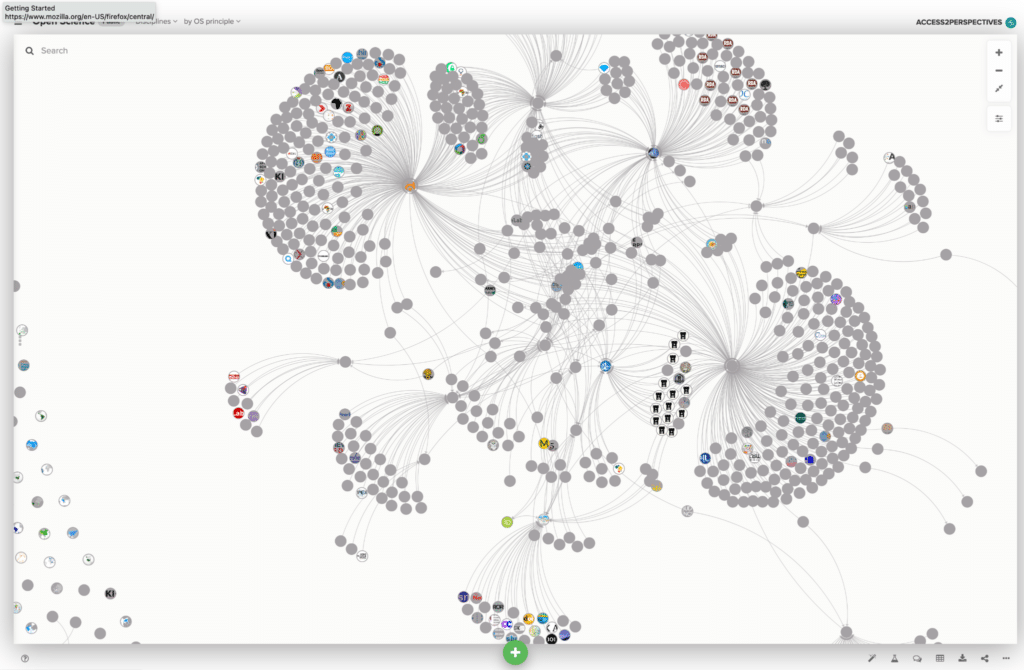
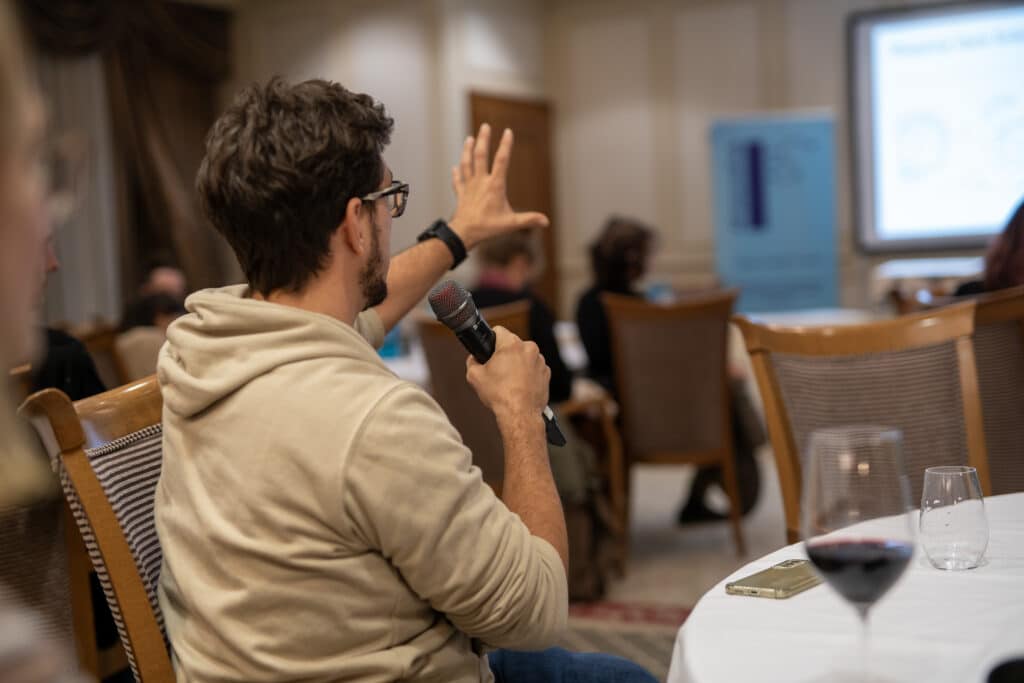
Stephanie Dawson – Institutional OA Journals: Publishing in Context
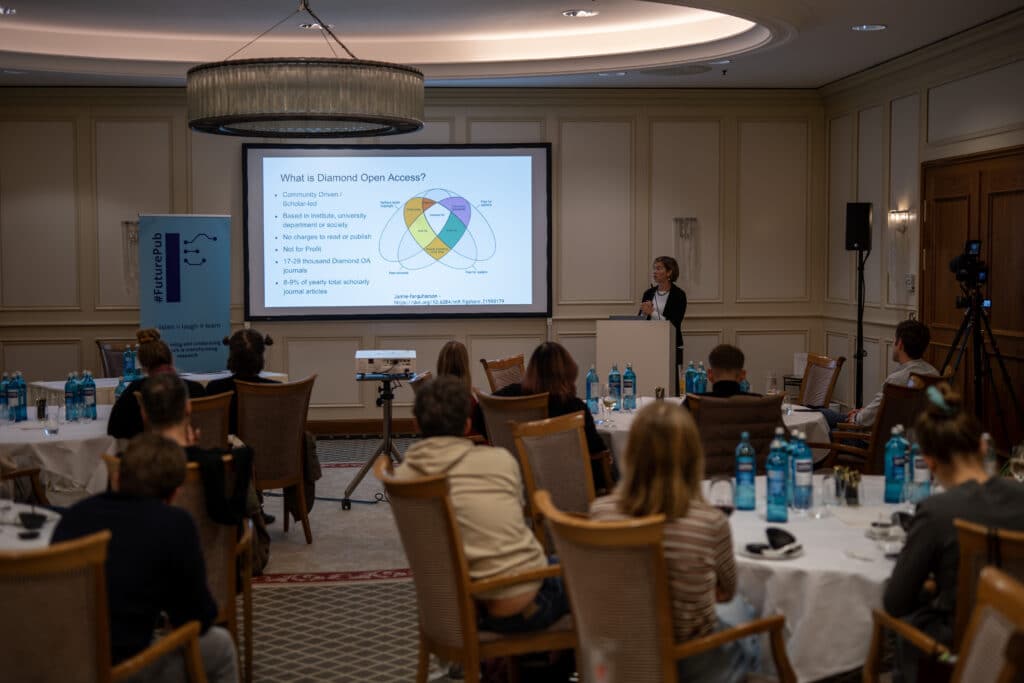
Our final speaker of the night, Stephanie Dawson, CEO of ScienceOpen, spoke on the wider questions around open access in the publishing industry and is coincidentally also a recent guest on Jo’s podcast.
Open access has many forms, and some of the models adopted by larger publishers have faced criticism for the barriers the high cost of the article processing charges places on researchers and their institutions (see e.g. this recent report from an OASPA workshop in March 2023). There is also a concern that researchers are still not getting the support they need to publish open data, as explored in the recent State of Open Data 2023 report.
Stephanie focused her talk on an open access model — Diamond Open Access — that has many positives: articles are free to read and publish, the journals and repositories are often community- or academic society-led, and run as a not-for-profit. And this is not a negligible fraction of research:
“A recent study found between 17,000 to 29,000 diamond OA journals currently in existence publishing 8-9% of the total number of scholarly journal articles each year. Many of these journals are managed and published by academic institutions.”
Stephanie Dawson, CEO of ScienceOpen
Why isn’t this model more widely adopted? Stephanie set out four of the challenges these journals face: sustainable funding, where they often lack the funding required to manage, curate and provide sufficient editorial oversight to the submissions they receive; reputation, which affects the potential impact that publishing in them can have on a researcher’s career; discoverability, as they are less likely to be run on infrastructure that allows the content to be easily discovered and shared (e.g. via DOIs); and finally the collective issues of ownership, governance and legal responsibilities, which can either be unclear or not set up to address the other challenges.
Through the work ScienceOpen is doing in this space, Stephanie is trying to help address these challenges:
“These academic-run journals should be seen and assessed within the full range of outputs from their sponsoring institution. ScienceOpen provides a framework to put institutional OA journals in context to raise their profile and reputation.”
Stephanie Dawson, CEO of ScienceOpen
Suze then wrapped up the lightning talk part of the evening, and the discussions (re)commenced!
Thanks again to all our speakers for presenting, and we’d especially like to thank Stephanie for agreeing to present at the last minute! We’d unfortunately had a speaker drop out due to illness, and when we saw Stephanie’s registration (to attend) come through, we messaged to see if she’d also like to give a talk — and she said yes! It rounded off a brilliant mix of talks, each of which flowed nicely from the previous one, and all together they helped spark many interesting and varied conversations in the room afterwards.
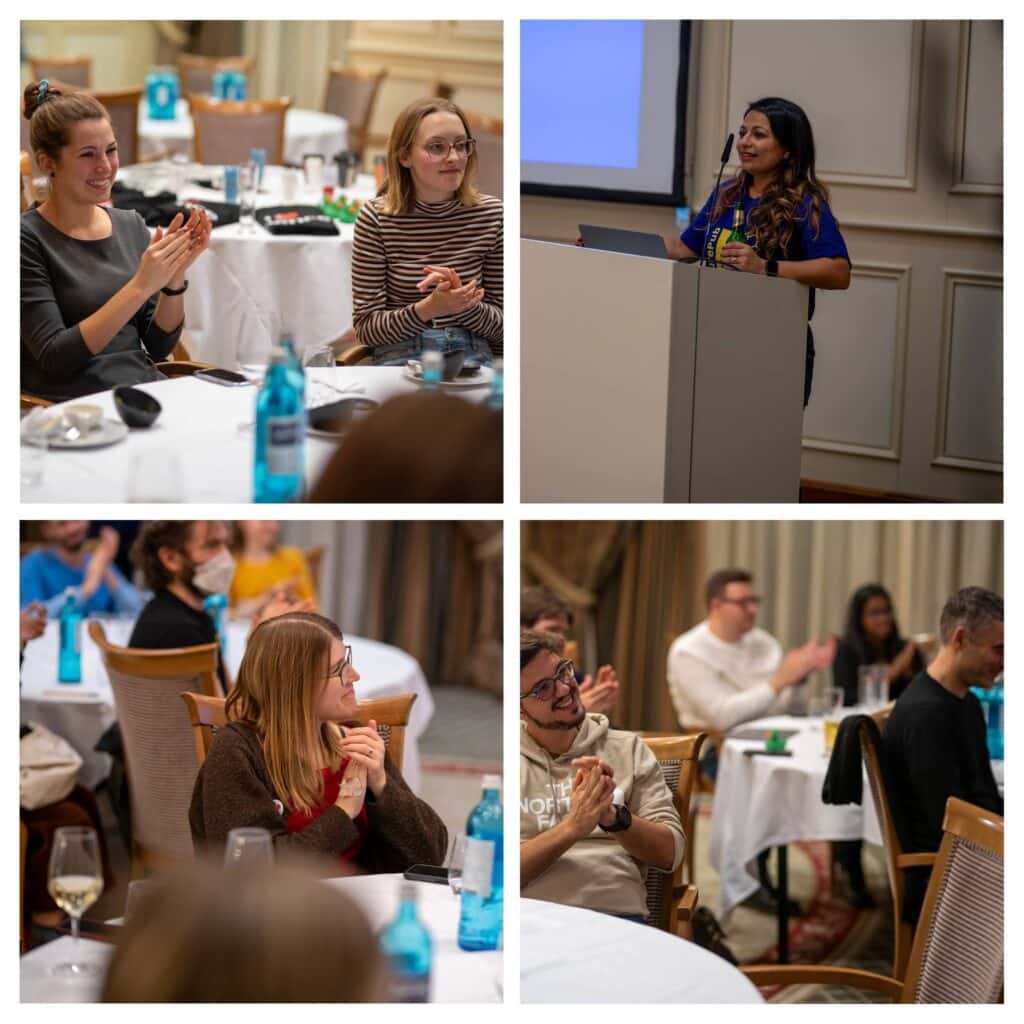
The recordings will shortly be made available on Cassyni, along with the recordings from our previous events. For a notification of when they’re available, you can subscribe to FuturePub on Cassyni.
Photo Gallery
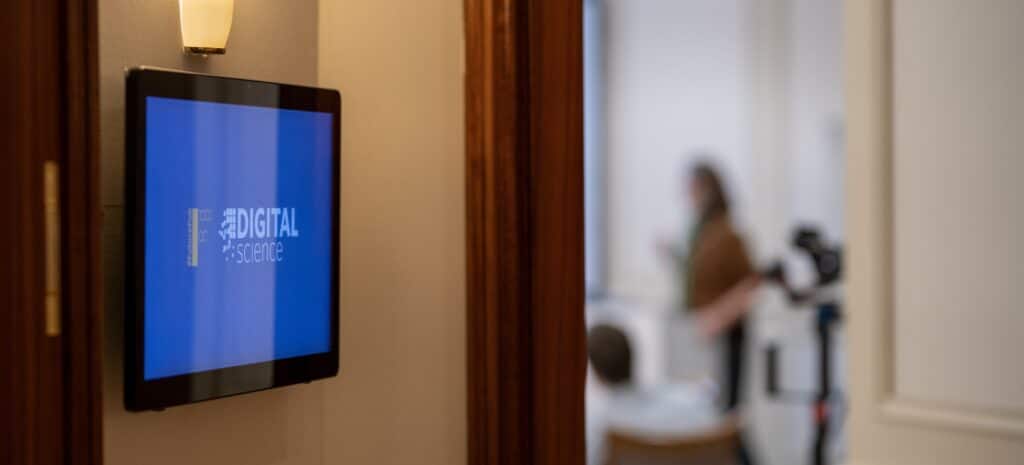
More photos from the evening can be found in the gallery here. Thanks as always to Huw James from Science Storylab for his amazing camerawork!
See you in 2024!
That’s a wrap for FuturePub in 2023 — but you can continue to find awesome content on TL;DR and our ongoing Speaker Series.
FuturePub London will return in the Spring of next year – date and venue still to be confirmed! But check out our recent FuturePub London – The AI Edition for a flavour of what’s to come!
If you’re keen to bring FuturePub to your town or city, let us know. And if you’re interested in speaking at a future #FuturePub, please do let us know as early as possible by filling out this short proposal form!

